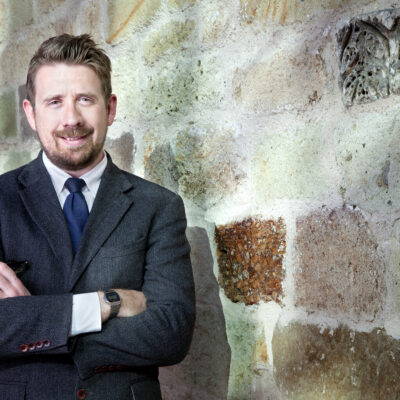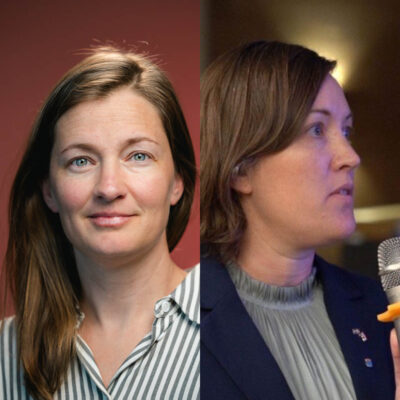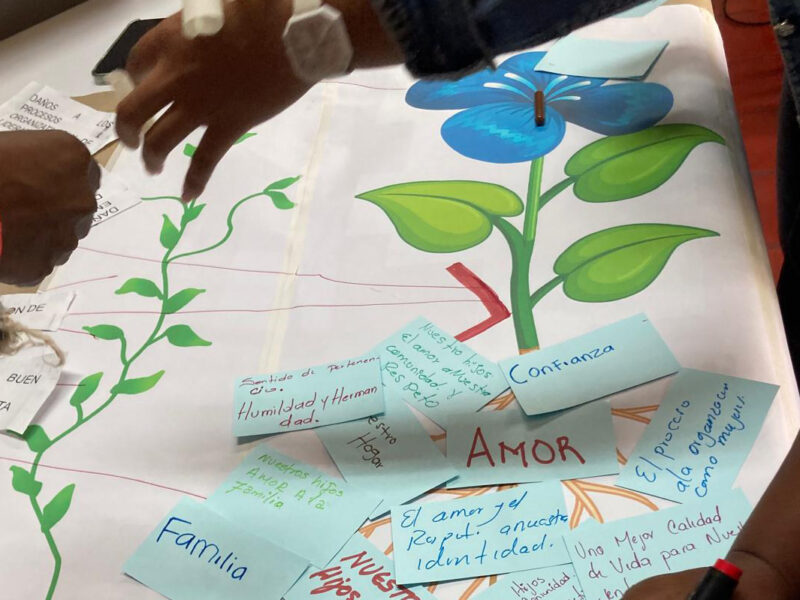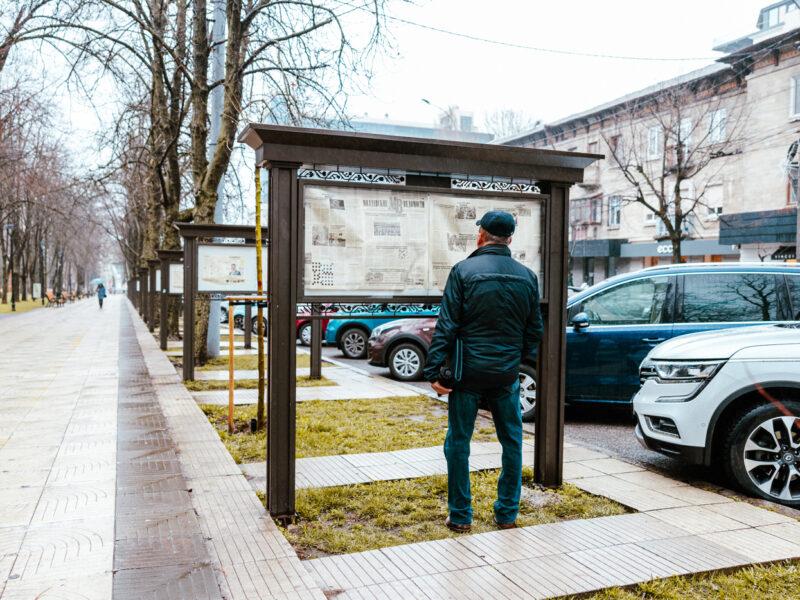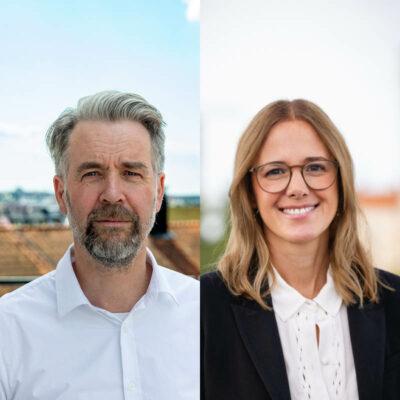Reform is neither a marathon nor a sprint race—it’s both
In international missions and post conflict environments—as in so many other areas of life—it is often easier to start something than to finish it. The start of a new project or mission tends to elicit, among those of us who love this work, excitement, curiosity, and eagerness to make a difference in a new setting. Indeed, stepping into unknown territory, everything seems possible. New initiatives are also those we tend to hear the most about in the media, whether it’s the arrival of EU missions in Kosovo, Libya, or Mali following warfare and political unrest, or the current situation in Ukraine. But what about the end of such projects? Do we ever fully discuss or evaluate the complex collection of successes and defeats at the end of a mission and what they mean? Or do they simply fade out of our collective memory?
This question is on my mind, as I prepare to leave my position as Senior advisor on security sector reform (SSR) to the Kosovo Security Council Secretariat at the end of 2015, the last Swedish advisor in this role. Embedded in the Kosovo government for almost two years, I have provided advice on SSR processes and strategies, balancing the role of the military in defining security priorities for Kosovo and supporting the coordination of the country’s security policy from within a young, fragile institution. Making progress and achieving lasting impact in a government institution has not been easy, an experience I know is shared among colleagues in other international institutions here. Indeed, the crowd of international actors present in Kosovo over the last 15 years, including NATO/KFOR, the UN, EULEX, OSCE, and a tapestry of bilateral and NGO actors, have seen their own mixed results of success and defeat. After the war in 1999, political concern and resources flowed to Kosovo, on the premise that fragility in the West Balkans region threatened the safety and security of Europe as a whole. But Kosovo is no one’s first priority anymore—and according to most commentators—it “should” be able to stand on its own without international support at this stage.
It is quite right to say that Kosovo needs to move forward on its own in order to achieve its goals, but I find myself nevertheless reflecting on the role of international advisors here, to conclude what has worked well and where a difference has been made, on both an individual level and collective level among peacebuilding institutions. Many of us will have different answers to this question I imagine. For my own part, I wish to recount some lessons I have learned in my own position and acknowledge the challenges one must overcome to provide meaningful advice and a positive impact in the field.
Firstly, I have learned a great deal about the art of the possible in this position. There is a big difference between the theories and approaches of security sector reform and the political and technical reality on the ground, and one’s highest aspirations and ambitions may simply hit the wall if you are not flexible enough to fit them into reality on the ground. When post-election squabbling led to a six-month impasse without a government in 2014, slowly building the internal capacity of the secretariat, improving staff capacity in English, internal planning, and security expertise was the only real option. I could only hope that the time spent preparing and training staff for future opportunities would make us more effective when the time came. This leads me to a second lesson learned, that of persistence, patience, and picking your moment. When a new government came into power in Kosovo in January 2015, I shifted focus from capacity development to lobbying, encouraging the government to follow through on reforms to strengthen the weak capacity of the secretariat and involve it more closely in high-level security processes. While these efforts were frustratingly slow, they ultimately paid off to some degree nine months later when the government tasked us with monitoring and coordinating the implementation of the national strategy for prevention of radicalisation leading to terrorism, a task which will occupy the secretariat intensely over the coming months and (hopefully) strengthen its role in the government for future SSR processes. Considering the recent events in Paris, the importance of such a strategy within the wider security sector is more apparent than ever, in Kosovo and elsewhere.
None of these efforts have been easy, nor have they provided the satisfaction of having a clean beginning and end or a “mission accomplished” moment. They have however taught me what one can do even in a situation where energy and enthusiasm is lacking at both the technical and political level. Generating momentum is critical for an advisor. We are indeed here to advise and not to dictate, but passivity seldom leads to results in post-conflict governments and institutions where capabilities have not developed to utilise external resources effectively. An advisor must find a middle road between enabling and assisting the work of governments while nevertheless being assertive of the processes and procedures that should be followed in a democratic state. Another critical role for an advisor is to find ways to empower others. We stay in our positions for a limited time, but if we can identify strong partners, assertive and reliable individuals, and give them every opportunity to succeed within their own government, we can continue the work we have started long after we leave.
I have learned in Kosovo that lasting reform is in many ways neither a marathon nor a sprint—in fact, it is a marathon combined with sudden sprints to run when an opportunity presents itself. We provide our advice in settings where it is needed the most, where it is our job to be the optimists who emphasise possibilities rather than imagining obstacles to progress. To maintain such optimism, an advisor must accept and live with frustration as a frequent companion in working life. I guess you could say that in Kosovo I have learned a great deal about endurance, and I can only be thankful for the lesson.
av Andreas Berg
